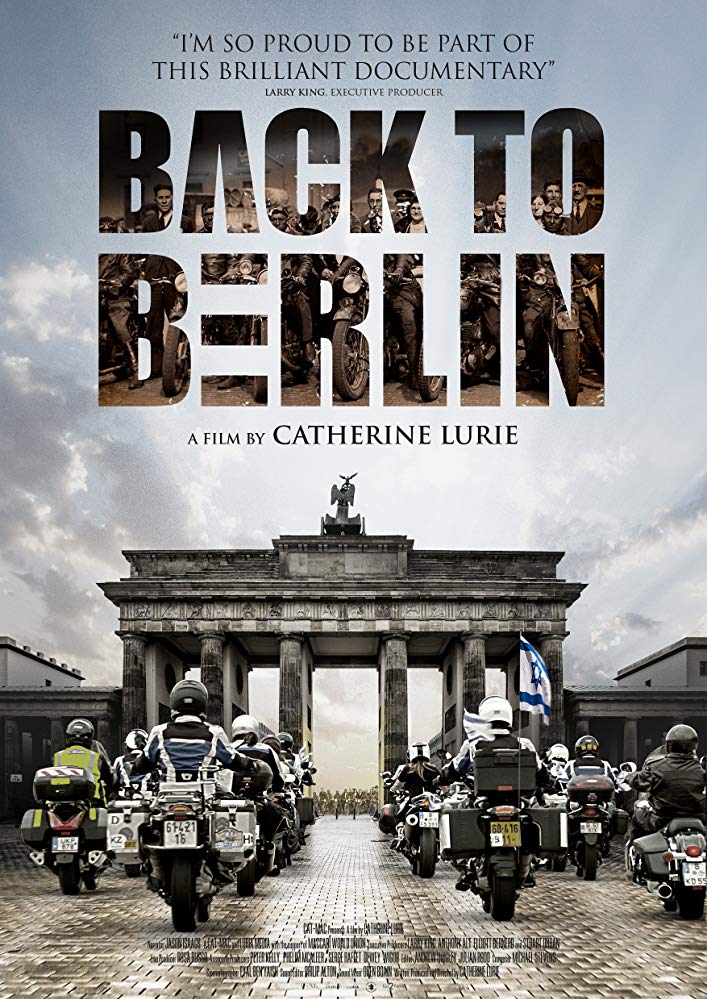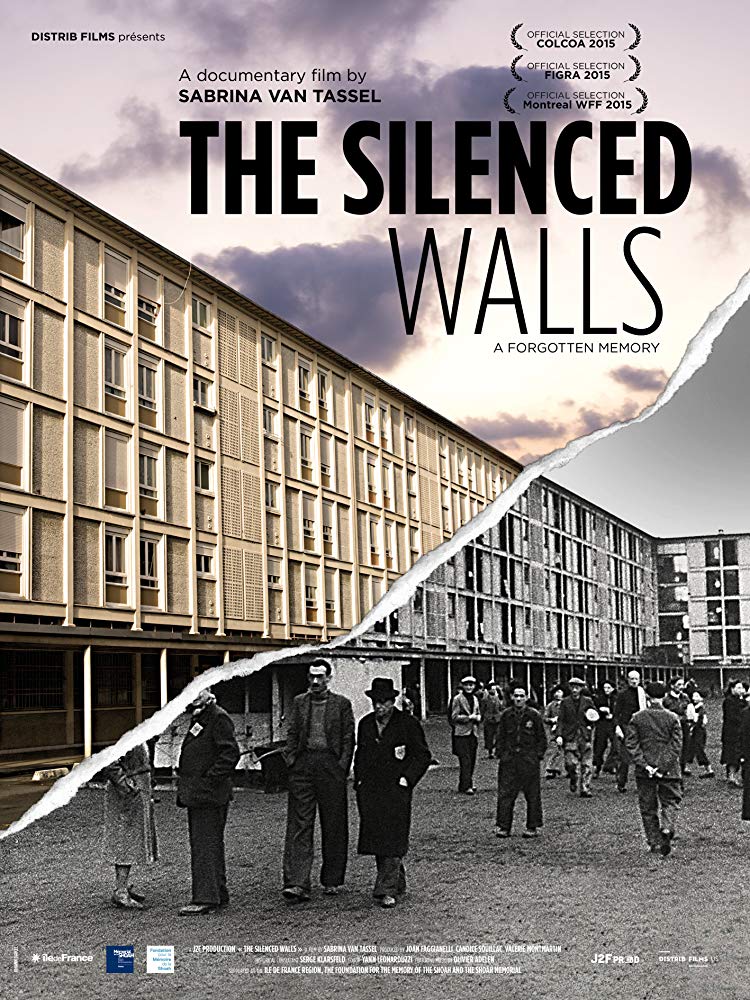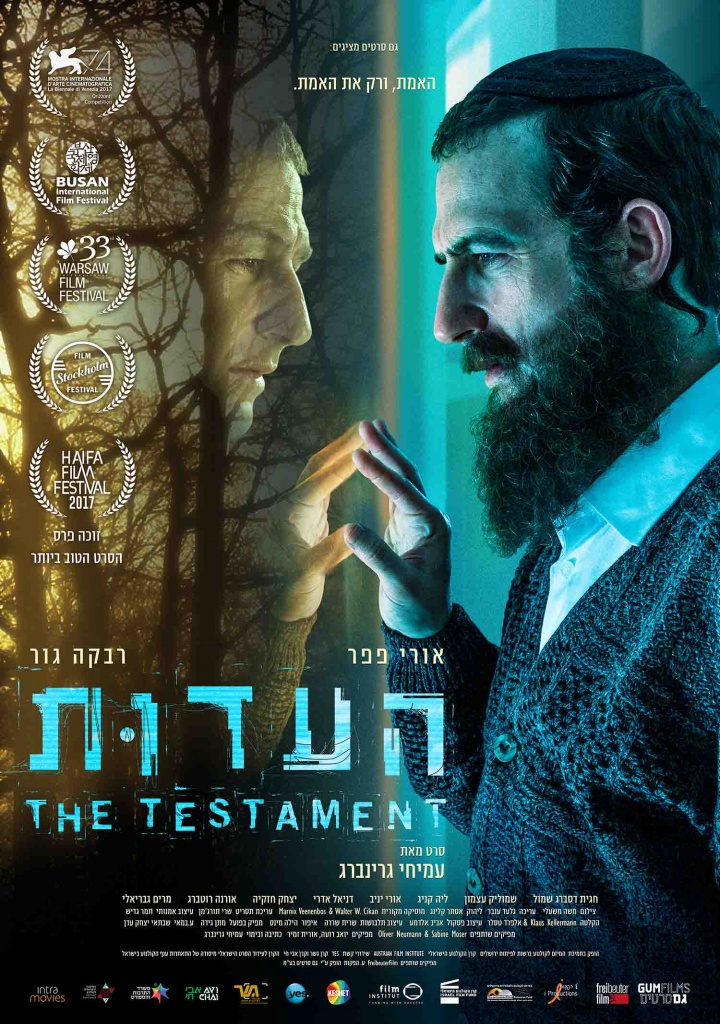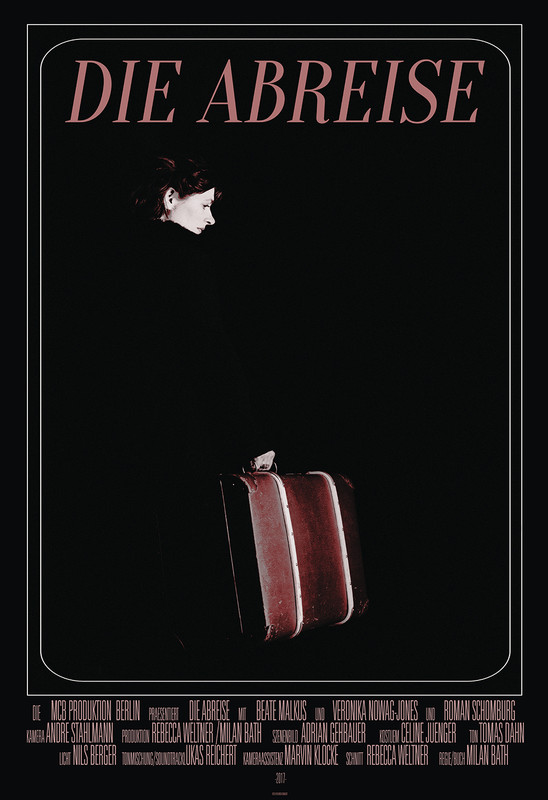HKHTC @ Hong Kong Jewish Film Festival 2018
The Hong Kong Holocaust & Tolerance Centre was pleased to sponsor a number of Holocaust-themed films as part of the 19th Hong Kong Jewish Film Festival during 3-11 November 2018.
As part of the commemoration of the 80th anniversary of Kristallnacht, HKHTC co-hosted a special screening and discussion at the festival with Catherine Lurie, the director of Back to Berlin. The film followed 11 Israeli motor-bikers carrying the Maccabi torch from Tel Aviv to Berlin, retracing the tracks of the original 1931 Maccabiah riders. In addition to this event, there were screenings of four other sponsored films, all of which will tok place at Asia Society Hong Kong Center at 9 Justice Drive, Admiralty.
Sponsored Films 2018
(1) Back to Berlin (11 November – 4:45 PM)
Back to Berlin is the first biker flick-meets-Holocaust feature documentary. Eleven motor bikers have a mission to take the Maccabiah torch from Israel to the site of the infamous 1936 Berlin Olympics, for the first Jewish Olympic Games on German soil. They will retrace the heroic journeys of the original 1930s’ Maccabiah riders and discover how they or their families survived the Holocaust.
This screening featured a discussion with film director Catherine Lurie.
(2) The Silenced Walls (7 November – 7:15 PM)
At first glance, “La Muette” is a normal low-cost housing project like thousands of others in the Paris area. However, these walls obscure the concentration camp of Drancy where almost 80,000 Jews were held until most of them were sent to Auschwitz. After the war it was turned into a housing development with some of the lowest rents in the Paris suburbs. The current residents often cross the path of former internees during commemorations. They are constantly reminded of the past of the site. As if tragedy was attached to these walls.
(3) The Testament (6 November – 9:00 PM)
Yoel, a senior Holocaust researcher, is in the midst of a widely covered legal battle with powerful forces in Austria, concerning a brutal massacre of Jews that took place toward the end of WWII in the village of Lensdorf. An influential family of industrialists on whose land the murder took place, is planning to build a real estate project on the very same land. Yoel suspects that their aim is to bury the affair for good, but has trouble finding the conclusive evidence that would stop the project.
While investigating the incident Yoel examines classified testimonies of Holocaust survivors, and to his shock and surprise he finds a testimony given by his mother, a testimony he didn’t know existed. In her testimony she confesses to a substantial secret from her past.
Yoel, who’s conducting a double-investigation, personal and scientific, is trapped between walls of silence – on one side, denial of the Holocaust on the part of the villagers, and on the other, his mother’s silence regarding her past. As a historian with an unshakable commitment to the truth, he decides to continue his investigations even at the cost of ruining his personal and professional life.
(4 & 5) The Departure (15 Minute Short Film) and If I Ever Come Back (13 Minute Short Film) (4 November – 2:30 PM)
*Please note both of these films are being shown as part of the “Six Shorts – One Ticket!” screening at the film festival (and can be viewed together with the purchase of one ticket).
The Departure
A woman is preparing her flat for departure. Step by step she seems to be following a strict plan. When she realizes to be missing some money for the train, she asks her neighbour for help.
If I Ever Come Back
In 2010, a collection of wartime letters and photographs was discovered in an old cupboard at a high school in Paris. Forgotten for years, the letters were written by a former pupil, Louise Pikovsky, to her beloved school teacher during World War Two. The last note dates to the day Louise and her family were arrested at their home. Father, mother and all four children were imprisoned in the Drancy internment camp near Paris before being deported to Auschwitz. The Pikovskys never came back.
The filmmakers were able to track down witnesses, cousins and former classmates from her time at the lycée Jean de La Fontaine. Through months of research, they pieced together fragments of her life, and shed light on the circumstances of the family’s disappearance. More than seventy years after Louise’s untimely death, this film finally gives a voice to a talented young girl who was unable to fulfil the bright future she deserved.





